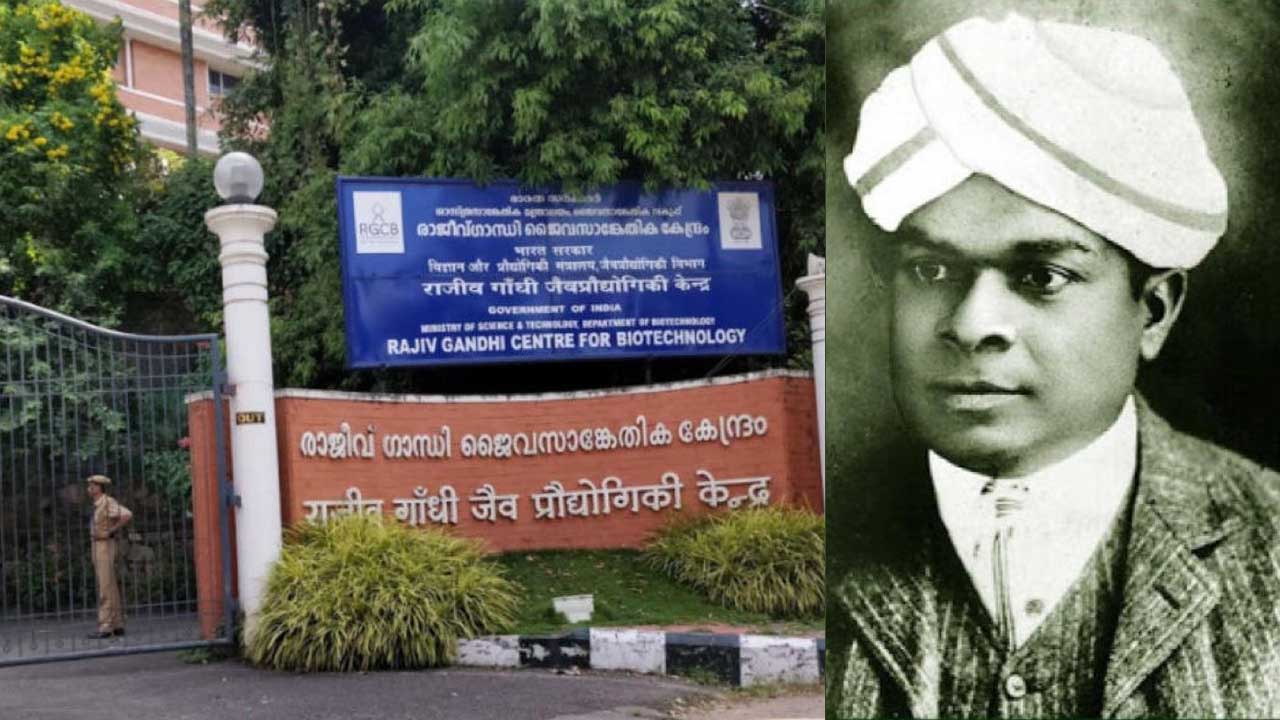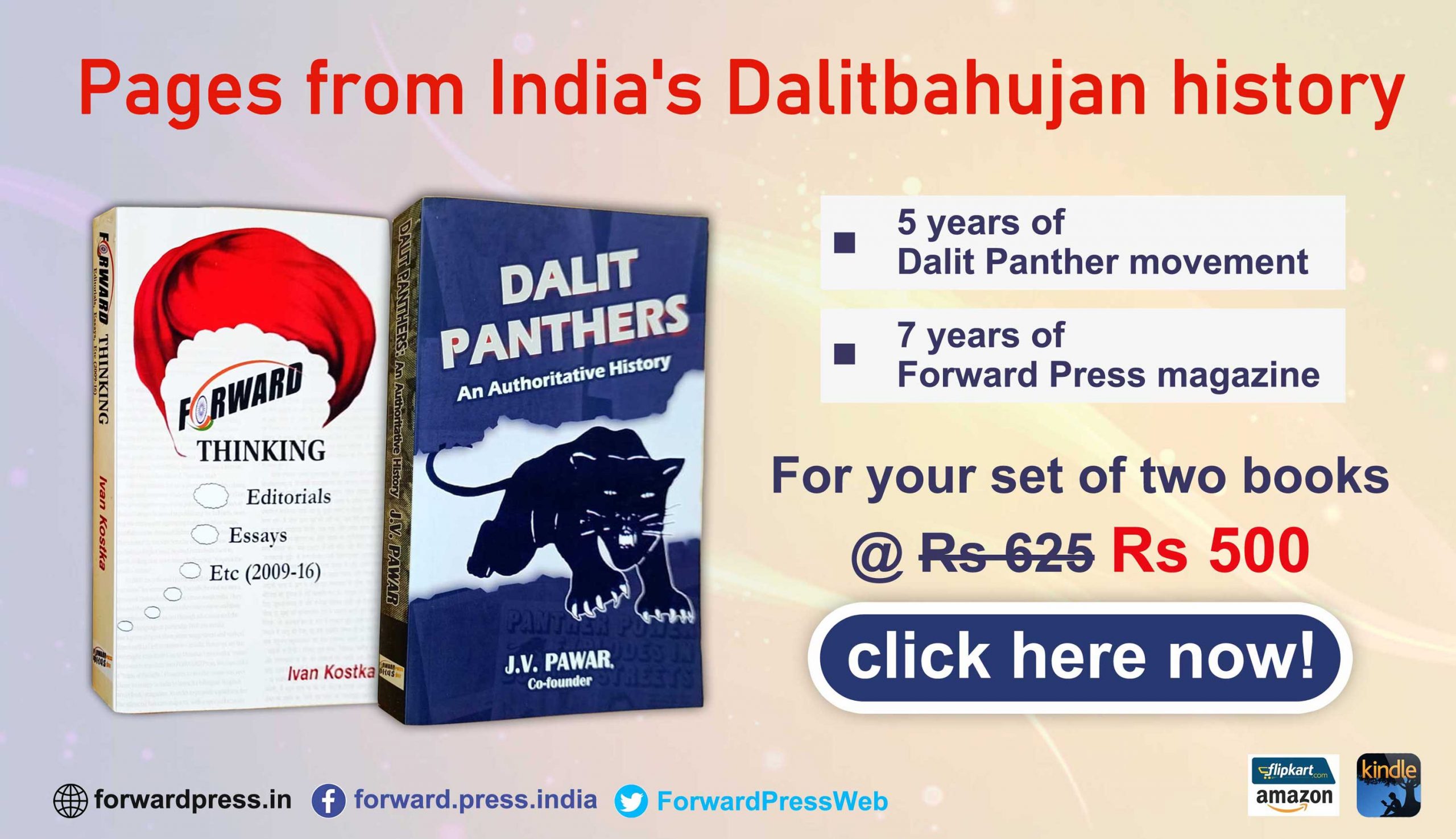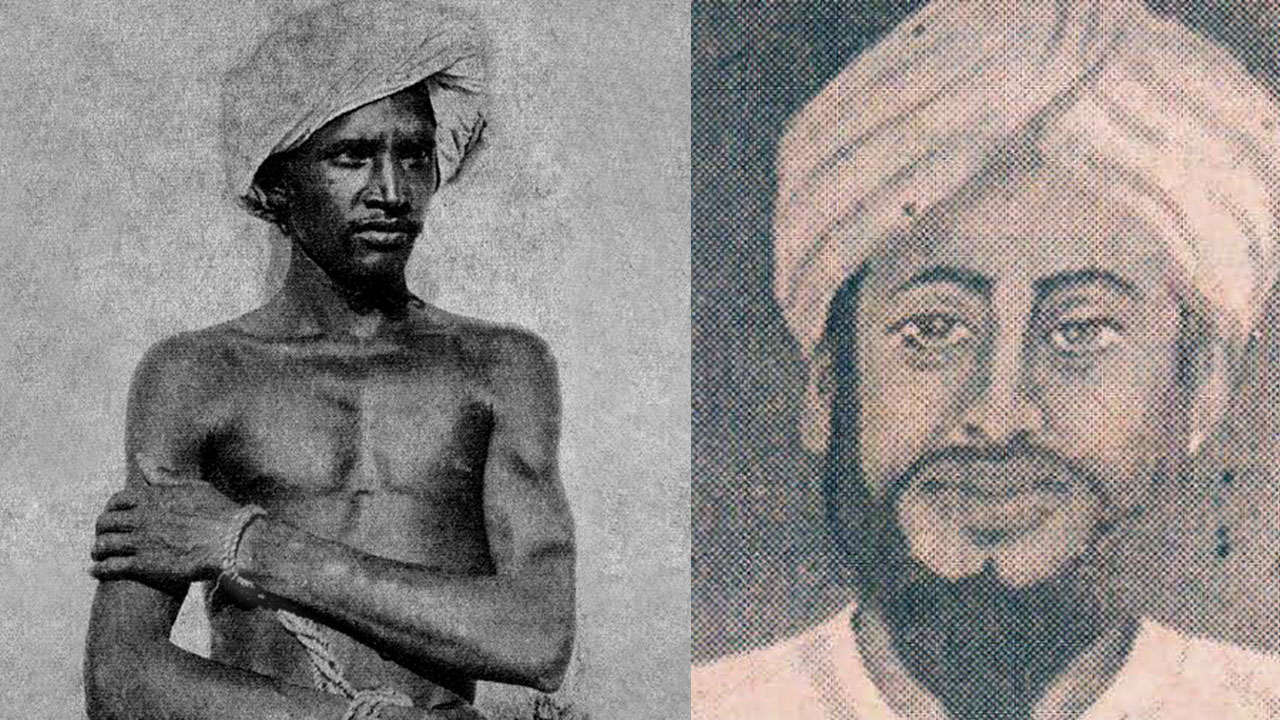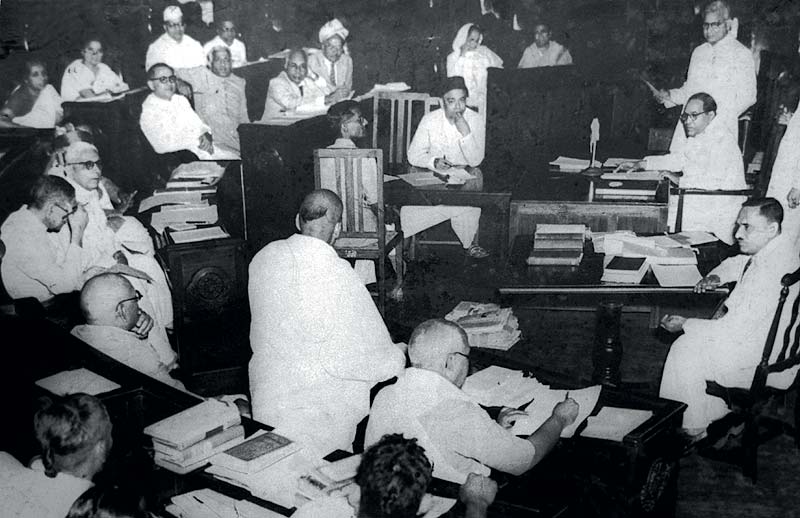The latest attempt by the Rashtriya Swayamsevak Sangh (RSS) to get a toehold in Kerala has been through the proposed renaming of Rajiv Gandhi Centre for Biotechnology in Thiruvananthapuram after Madhav Sadashiv Golwalkar, the late chief ideologue of the Rashtriya Swayamsevak Sangh (RSS). The announcement made by Union Health Minister Harshvardhan has drawn widespread criticism including from the Chief Minister Pinarayi Vijayan, who has written to the Health Minister requesting that the institution be renamed after an eminent scientist instead. Among the prominent names doing the rounds is Dr Padmanabhan Palpu.
It was Dr Palpu, a physician and bacteriologist from Travancore, which forms south Kerala today, who bravely and effectively contained the lethal recurrent attacks of plague in the city of Bangalore in 1896 when everybody holding higher positions in the health department looked the other way. Before he set off for the isolation camps to take care of the sick, ensure safe burial of the dead and prevent the spread of the contagion, he had written his will and had it registered.
As a young student, he was denied the opportunity to get a medical education even after repeated representations and remittance of fees and later to join the state medical service, both on account of his caste. He was an Ezhava and therefore an untouchable, an Avarna, historically denied access to public education and public service by the upper-caste regimes of Travancore and Kochi kingdoms. (It was an Ezhava woman called Nangeli, from Chertalai, who chopped off her breasts and bled to death in 1803 in defiance of the infamous breast tax.)
Dr Palpu’s father, Tachakudi Pappu, was one of the earliest Avarnas in Travancore to learn the English language in the mid 19th century. He was denied entry into legal studies, again because of his caste, even after the regime accepted his examination fee. This didn’t stop him from educating his children. Palpu’s elder brother was denied entry into the Travancore administrative service; he had to join the Madras service instead, where he became a Revenue Board member and was honoured by the British regime with the Rao Bahadur title.
Palpu learnt English from an Englishman, a certain Mr Fernandez. Later, when he was denied medical education in Travancore, he had to go to Madras for his Licentiate in Medicine and Surgery (LMS). His mother Mata Perumal sold her jewellery to send her son to Madras as the father struggled to make ends meet. After getting his medical degree, he served in Mysore and Baroda services and thrived in several challenging roles amid the pandemic. Starting in the late 19th century, both Mysore and Baroda kingdoms had implemented affirmative action to achieve social-justice goals and Sayajirao Maharaj personally encouraged Palpu. After his successful handling of the plague, he was sent to Britain, France, Germany, Geneva and Rome for further studies. He had degrees from the UK and France and became an expert in serum therapy and tropical medicine, Director of the Vaccine Institute, Bangalore, and Fellow of the Royal Institute of Public Health.
Also Read: How the modern Kerala Narayana Guru dreamt of is being undermined
While undertaking all these tasks abroad he would frequently visit his native Travancore and take on the casteist regime of the time. He joined hands with Barrister G.P. Pillai and T.M. Nair of the Justice Party and collaborated in the first mass petition for representation and inclusion of non-Brahman natives of Travancore in public services, called the Malayali Memorial in 1891. He provided financial support to the campaign and was its third signatory. But the Malayali Memorial turned out to be a campaign for Nair representation. They got sufficient entry into the service and their radicalism ended there. The Avarnas, including the Ezhavas, were not given any share in power. Therefore, Dr Palpu initiated a second memorial in Kerala for the representation of his own community in public services, signed by more than 13,000 leading tax payers from the community, which became the bedrock of democracy in Kerala called the Ezhava Memorial in 1896.
This mass petition to the regime by the outcastes of Kerala for the first time in modern history is often hailed as the Magna Carta of Kerala as it was the first subaltern sociopolitical movement and mobilization for representation and inclusion in a modern democratic society in Kerala. As a continuation of these struggles to seek democracy and justice, Dr Palpu also formed the Sree Narayana Dharma Paripalana Yogam or SNDP in 1903 with Narayana Guru at its helm, along with poet Kumaran Asan as secretary. The injustices he and his family experienced because of their caste led to the formation of a larger mass political movement in Kerala society.

Later, in 1928, Narayana Guru criticized his own organization for its inability to include the other Untouchables and outcastes in Kerala, especially those who were at the bottom of society. This critique of the guru on overcoming caste could be the benchmark and model for the present when the social-justice paradigm of India’s Constitution is being dismantled using the economic criterion and elitist agendas of overrepresentation. Caste Hindus, who are already overrepresented in all walks of higher education and service, are now grabbing more undue, even atrocious, shares through the ahistorical argument of “economic reservation”.
Caste was the ground for discrimination and institutional exclusion in India, not economic status or class. Therefore, affirmative action must also focus on caste marginality and underrepresentation. In these times of sly caste Hindu moves against democracy and just representation of the people, the pioneering democratic struggles of Dr Palpu for inclusion and representation provide the models and standards for the fight against totalitarian monopoly discourses and regimes. It gives us the ethics and morale in fighting the pandemic of cultural nationalism as well as the contagious virus that is making the situation favourable for the totalitarian regime and caste Hindu forces to become more aggressive – as is evident from the attempted foisting of M.S. Golwalkar on a state that has so far been able to resist the Hindutva onslaughts.
Forward Press also publishes books on Bahujan issues. Forward Press Books sheds light on the widespread problems as well as the finer aspects of Bahujan (Dalit, OBC, Adivasi, Nomadic, Pasmanda) society, culture, literature and politics. Contact us for a list of FP Books’ titles and to order. Mobile: +917827427311, Email: info@forwardmagazine.in)
The titles from Forward Press Books are also available on Kindle and these e-books cost less than their print versions. Browse and buy:
The Case for Bahujan Literature
Dalit Panthers: An Authoritative History







